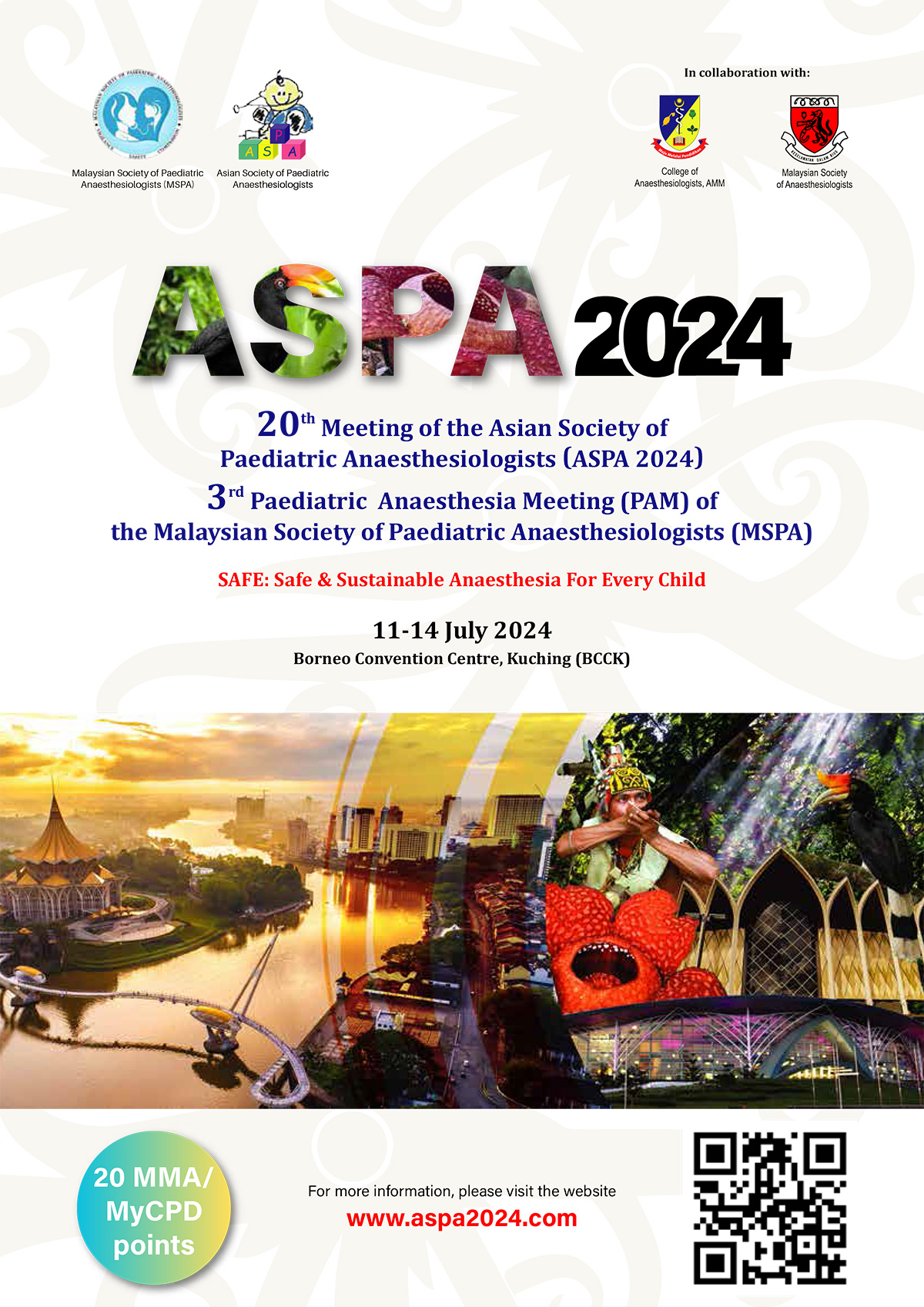A randomized controlled trial of dexmedetomidine vs magnesium sulfate as adjuvants to bupivacaine in infraorbital nerve block for perioperative analgesia in pediatric patients undergoing cleft lip surgery
Abstract
Background & Objective: Cleft lip surgery is routinely performed in children under general anesthesia (GA). Infraorbital nerve block (IONB) has been used by some anesthetists to enhance the perioperative pain management in addition to the routine intravenous analgesics. We compared the addition of dexmedetomidine (Dex) plus bupivacaine with magnesium sulphate (MgSO4) plus bupivacaine for IONB in combination with GA, regarding their efficacy, effect on the duration of postoperative analgesia, and any adverse events.
Methodology: A total of 75 patients, aged 3 months to 7 y, of either sex, were randomly allocated into three equal groups. After induction of GA with a standardized method, Group D received IONB with Dex + bupivacaine; Group M received the nerve block with MgSO4 + bupivacaine, and a control group (Group C) received block with bupivacaine only. Acetaminophen infusion was used when additional analgesic was required in the postop period. The primary outcome was the duration of time until the first analgesic was administered, while the secondary outcomes were the amount of acetaminophen taken within the first 24 h following surgery, pain scores, and the frequency of side effects.
Results: The mean time to first requested analgesia was significantly longer in the Group D, followed by the Group M, and it was the shortest in the Group C (13.9 ± 1.7 h, 11.5 ± 2 h, 5.9 ± 1.3 h respectively, P < 0.001). Total acetaminophen consumption and pain scores were significantly lower among the Group D than the Group M and highest in the Group C (P < 0.001). Emergence agitation and vomiting were non-significantly less frequent in the Group D than the Group M and more frequent in the Group C. No significant difference regarding hypotension, bradycardia, and shivering, was observed among all the groups. Respiratory depression was not recorded in any of the groups.
Conclusion: Dexmedetomidine and magnesium sulphate, both offered prolonged analgesia when added to bupivacaine for infraorbital nerve block for perioperative analgesia in pediatric patients undergoing cleft lip surgery under general anesthesia. However, dexmedetomidine was superior to magnesium sulphate regarding the duration of postoperative analgesia.
Abbreviations: ASA-PS - American Society of Anesthesiologists Physical Status classification; Dex – Dexmedetomidine; FiO2 - Fraction of inspired oxygen; IONB - Infraorbital nerve block; MBP - Mean blood pressure; NIBP - Non-invasive blood pressure; PACU - Post Anesthesia Care Unit
Key words Bupivacaine; Cleft Lip; Dexmedetomidine; Infraorbital Nerve Block; Magnesium Sulfate
Citation: Alansary AM, Ali MM, Elshafie MA. A randomized controlled trial of dexmedetomidine vs magnesium sulfate as adjuvants to bupivacaine in infraorbital nerve block for perioperative analgesia in pediatric patients undergoing cleft lip surgery. Anaesth. pain intensive care 2023;27(4):514−522; DOI: 10.35975/apic.v27i4.2261
Received: May 22, 2023; Reviewed: June 02, 2023; Accepted: June 11, 2023












